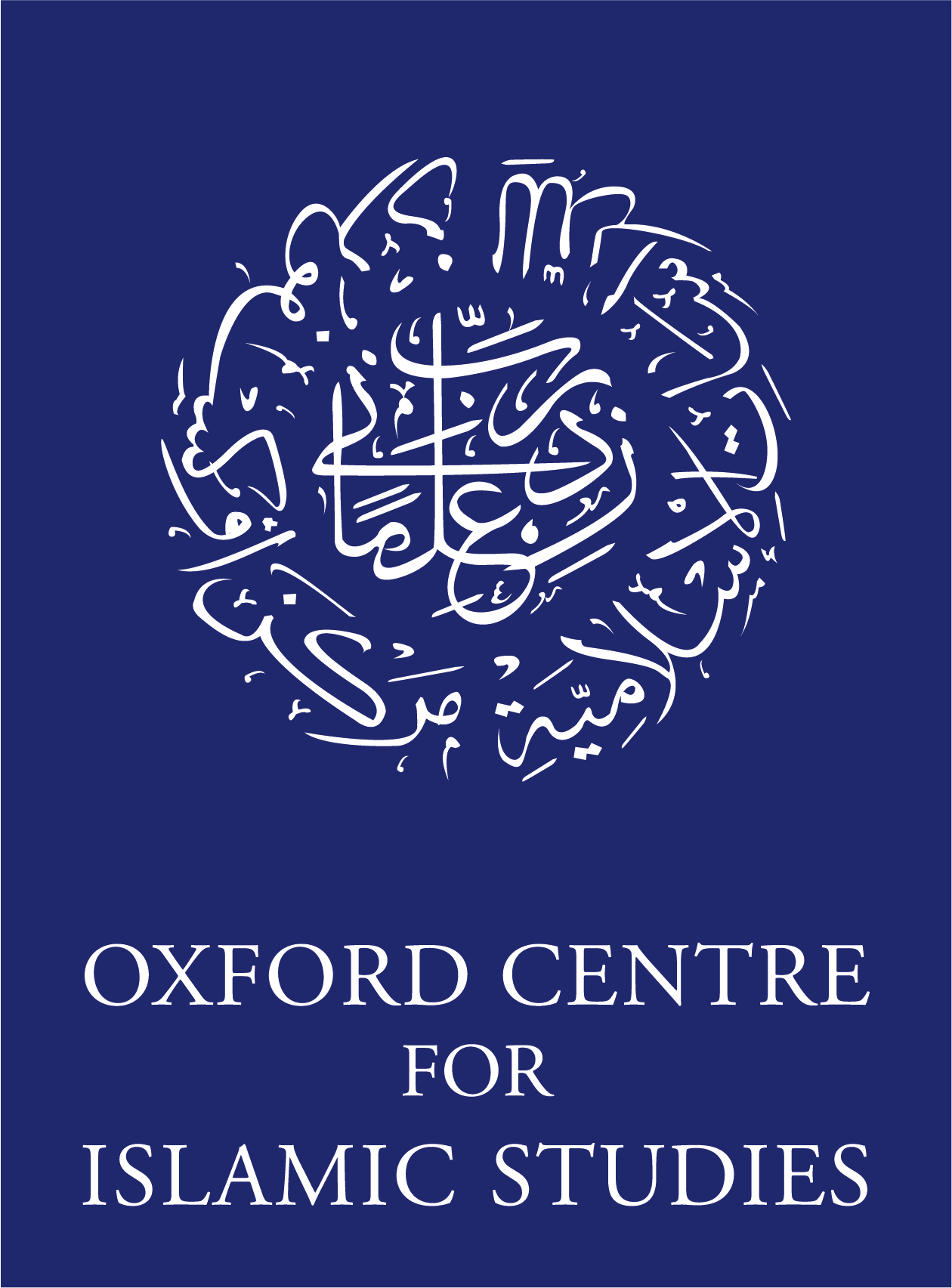The Psychosocial Value of Employment: Evidence from the Rohingya Refugee Camps
Professor Reshmaan Hussam will talk about the findings of some recent research. In settings where employment opportunities are scarce, the inability to work may generate psychosocial harm. This talk will present a causal estimate of the psychosocial value of employment in the Rohingya refugee camps of Bangladesh. We engaged 745 individuals in a field experiment with three arms: (1) a control arm, (2) a weekly cash arm, and (3) a gainful employment arm, in which work is offered and individuals are paid weekly the approximate equivalent of that in the cash arm. We found that employment confers significant psychosocial benefits beyond the impacts of cash alone, with effects concentrated among males. The cash arm did not improve psychosocial wellbeing, despite the provision of cash at a weekly amount that was more than twice the amount held by recipients in savings at baseline. Consistent with these findings, we found that 66% of those in our work treatment were willing to forego cash payments to instead work for free. Our results have implications for social protection policies for the unemployed in low income countries and refugee populations globally.
Reshmaan Hussam is an assistant professor at Harvard Business School. Her research explores questions at the intersection of development, behavioural, and health economics. Considering the puzzle of the ubiquitously low adoption of many low cost, high return goods, behaviours, and technologies in the developing world, she explores the role of learning and habit formation in sustained behavioural change. Her most recent work engages refugee populations including the Rohingya of Myanmar, estimating the costs of forced idleness on psychosocial wellbeing and documenting refugee preferences for repatriation, integration, and resettlement.
To join the seminar please register.
